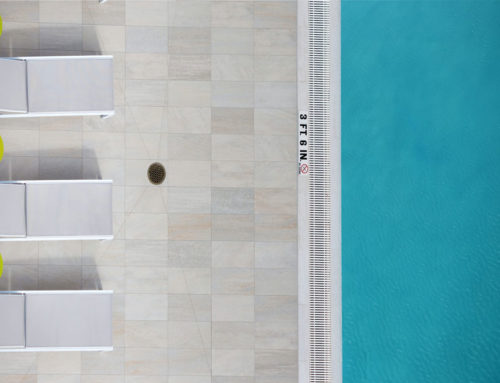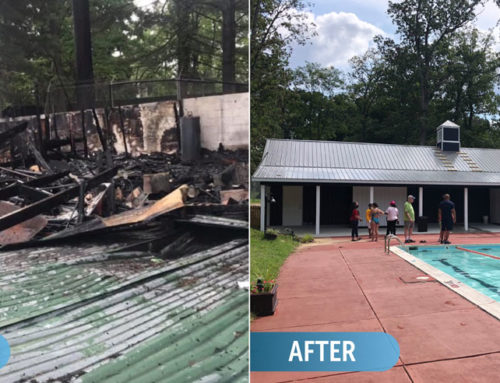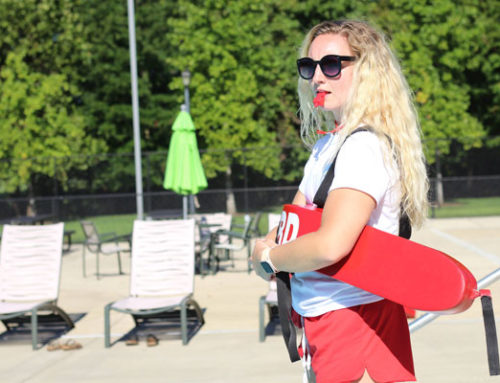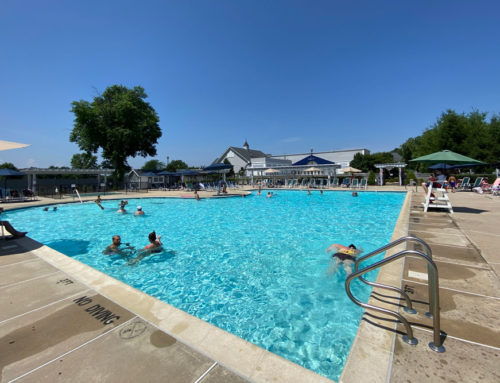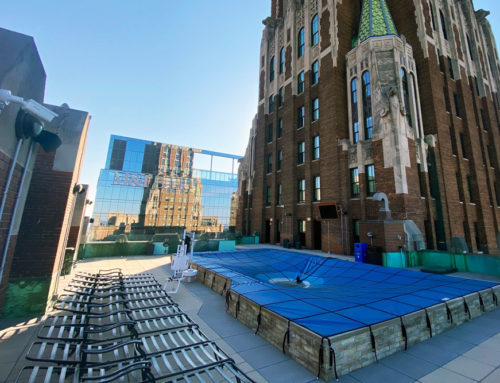Peak season is rolling back around, and with it comes the responsibility of ensuring pool safety. This can be challenging for pool managers, who have to deal with a lot of administrative responsibilities.
A recent article in Aquatics International magazine pointed out that it’s important for pool managers to work in the pool facility from time to time. This ensures that they always have firsthand experience with the overall facility and can resolve any problems quickly and completely.
Work with swimmers
One of the quickest ways to learn about any issues involving the pool is to ask for feedback from patrons. This can be done through comment cards, via the website, on social media pages or a combination of all these media. Swimmers directly interact with all aspects of the pool and can notify management about the water temperature, worn out fixtures or additional safety measures that can be taken.
If you’re wondering where you should start with this procedure, here are three tips to keep in mind as you prepare for peak season this summer.
1. Schedule pool time: If you spent the majority of time in the office in previous years, consider restructuring your daily schedule. Ask another member of pool management to take a few hours of your usual office time and head to the pool. You can simply observe or participate in a lifeguard shift, which will give you further insight into best practices around the pool.
2. Participate as a swimmer: Chances are, your pool has programs. They may be going well and you might not be considering making any alterations. However, joining in during an exercise or swimming lesson could make you aware of certain aspects of the lessons that can be improved, such as staffing an extra instructor or purchasing more pool toys.
3. Look into feedback: When you’re dealing with feedback that offers suggestions, it can be easy to brush them aside, especially if it’s something that can be checked with testing equipment. Aquatics International magazine noted one such instance where patrons were commenting that the water was too cold, but the director checked the readings, which indicated proper temperatures. However, when he filled in for a lifeguard for a training course, he entered the pool for the first time and discovered that the water was, in fact, much too cold and that the testing equipment was incorrect, underscoring the importance of paying attention to all feedback.


